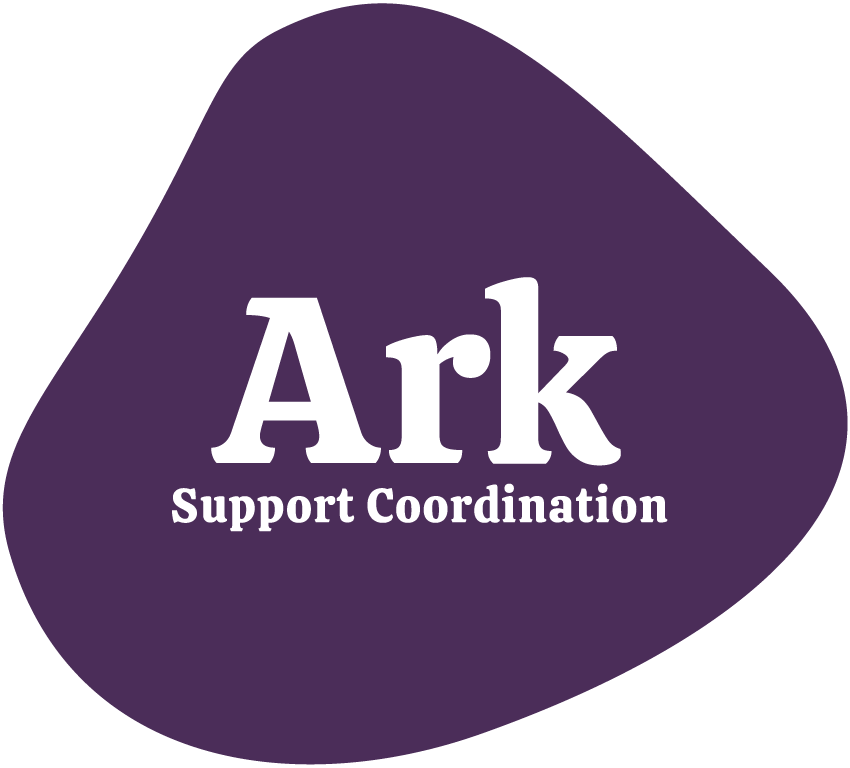Consent Education: Especially important for people with disabilities
Simply put, consent is to ask for permission before doing something. To give consent is to decide and say yes, I would like to do that.
In a sexual context, consent is essential between everyone involved. Sex without consent isn’t sex, and can be considered sexual assault or rape.
If it’s not an enthusiastic yes, then it’s a no. The absence of a no isn’t a yes.
Consent can also change. What may start as a “hell yeah” may turn into a “I don’t want to” at any point. Just because someone has said yes before or knows you really well doesn’t mean they consent again. Consent can never be assumed; everyone needs your consent. It is an ongoing conversation of checking in with the person, seeing how they are feeling and asking before acting.
Why we need better consent education for people with disabilities
Teaching sexuality education is even more important for people with disabilities who already face sexual oppression and are often deemed as non-sexual (read more on this topic in a previous blog post).
Whilst growing up, kids with physical disabilities often receive physical assistance from caregivers, friends, doctors or teachers. For example, if physical therapy was involved, they would be used to a level of physical touch from a young age before they were aware or able to consent.
Daisy Wislar talks about their experience growing up receiving therapy for cerebral palsy and being accustomed to not having bodily authority.
‘This meant having a lot of people interact and touch my body on a regular basis. I was never taught how to talk about personal physical boundaries with authority figures in my life.
It’s a reality for many kids with disabilities that we grow to expect being touched without being able to talk about boundaries, comfort and safety.’
If we aren’t able to provide consent education for young people with disabilities, we leave them more at risk of sexual exploitation, even more so if they are used to non-consensual physical touch as a child.
Kids with disabilities are 2.9 times more likely to experience sexual violence than their non-disabled peers.
People with intellectual disabilities are even more vulnerable to this type of abuse. According to the Australian Bureau of Statistics, 47% of women with an intellectual disability have been sexually assaulted compared to 9% of men. The research notes that male figures are likely to be severely underestimated, with the vast majority of sexual violence perpetrators are staff, family, other people with intellectual disabilities and partners.
Identifying abuse in a protective behaviours program is a crucial part of disability sexual counselling. Along with tools to increase safety and bodily autonomy, it’s just as important to have a people first, sex-positive approach. This looks like exploring sexuality values, self-advocacy, rights and responsibilities in relationships and promoting enjoyable sexual experiences. This type of sexuality counselling for people with disabilities supports participants to become sexual self-advocates.
Working alongside people with disabilities, we saw the demand for therapeutic services tailored to meet clients’ needs and goals. We developed our Discovery Sexuality Counselling and Education to help fill the gap in individualised services of age-appropriate disability sex education in Perth. We align with the sex-positive and protective behaviour approach discussed above, read more on our content topics here.
We know engaging in these services can be a huge step. Please don’t hesitate to contact us with any queries regarding the suitability our program. One of our facilitators will be happy to chat with you.
